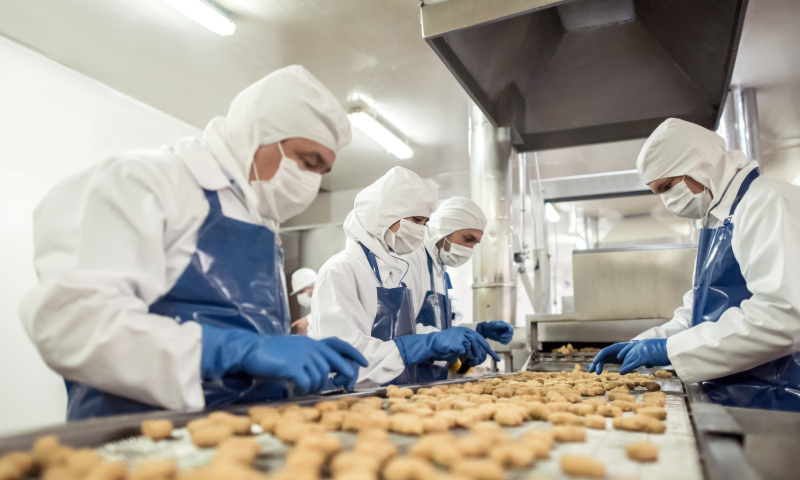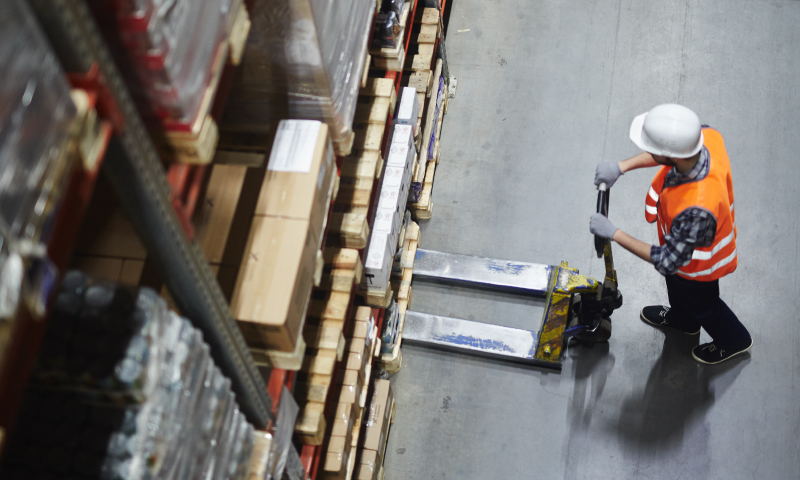24 October 2022
Record year
It has already been a record year for UK food and drink manufacturers, with cumulative exports for the year climbing to £15.6bn in August 2022, up from £12.69bn in August 2021. The sharp increase in export growth from June 2022 to August 2022 also shows that manufacturers are accelerating their sales to overseas markets, with export figures now heightened to pre-pandemic levels. Much of this growth in August 2022 is due to the vast amount of whisky exports (£620.9m), with a shift away from significant overseas trade in the EU to increased demand for premium whisky in Asia and Oceania.
Make-or-break
All this bodes well for the industry, given the ongoing financial challenges surrounding inflation, soaring energy prices and the cost-of-living crisis which continue to drive high food prices and influence consumer spending habits. With Christmas around the corner, the most crucial time of the year for food and drink manufacturers, it will be interesting to see how businesses cope as consumer demand ramps up. Indeed, this is the first time in three years where demand hasn’t been limited by pandemic-related restrictions, and as an energy-intensive industry operating under a tight labour market, this will be a make-or-break scenario for many businesses as they look to keep afloat in 2023 and beyond. This pressure is also heightened by the ongoing CO2 supply crisis, which is leaving some food and drink manufacturers vulnerable to a loss of produce and closures, while also adding an extra layer of financial responsibility to hospitality businesses and consumers.
Respite for manufacturers?
Looking to the future, the support for businesses outlined in the government’s mini-budget had brought some respite for the industry but now with so many measures scrapped by the new Chancellor, there remain more questions than answers as the industry prepares for the busy Christmas and New Year period. In particular, the freeze on alcohol duty would have delivered a significant cost saving to the industry at a time when it desperately needs it, to help to keep a lid on spiralling costs. With corporation tax increasing from 19% to 25% in April 2023, industry confidence in future output will once again plummet as businesses prepare for the added financial burden.
The scaling back of energy support messaging will also send alarm bells ringing for the industry given the energy-intensive nature of making food and drink. Clarity on what happens following the closure of the Energy Bill Relief Scheme on 1 April is needed to allow energy intensive sectors to plan with certainty. Further clarity is needed too regarding Government's long-term strategy to address labour shortages. A review of seasonal immigration policies in particular would help revitalise sector confidence and facilitate growth but in the meantime, food and drink manufactures may need to invest more into advanced technologies to cover the labour shortfall and protect margins. Balancing the risks and opportunities of investing during a period of such uncertainty at a time when cost pressures continue to mount remains a major challenge for business leaders.


.jpg)





